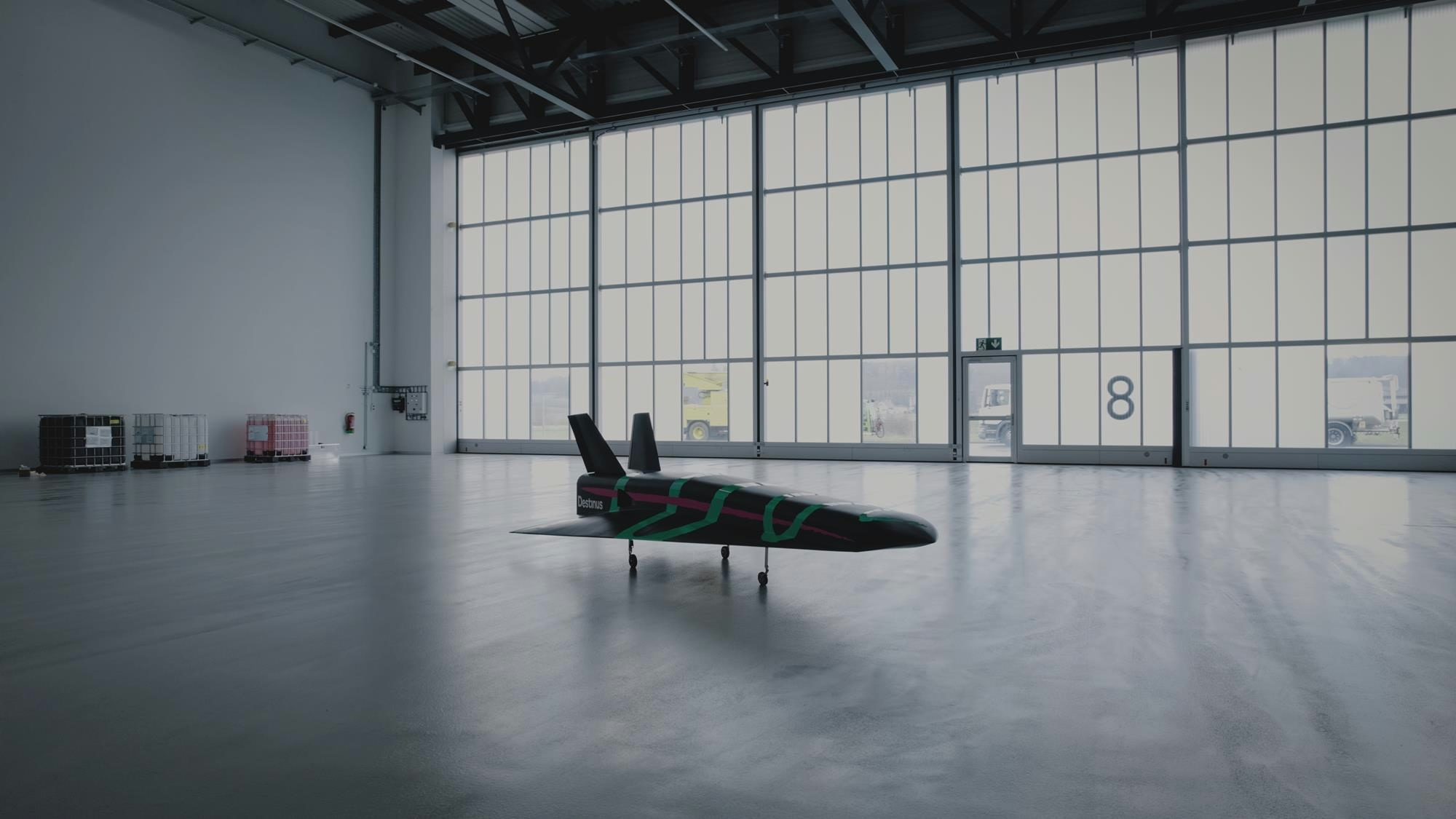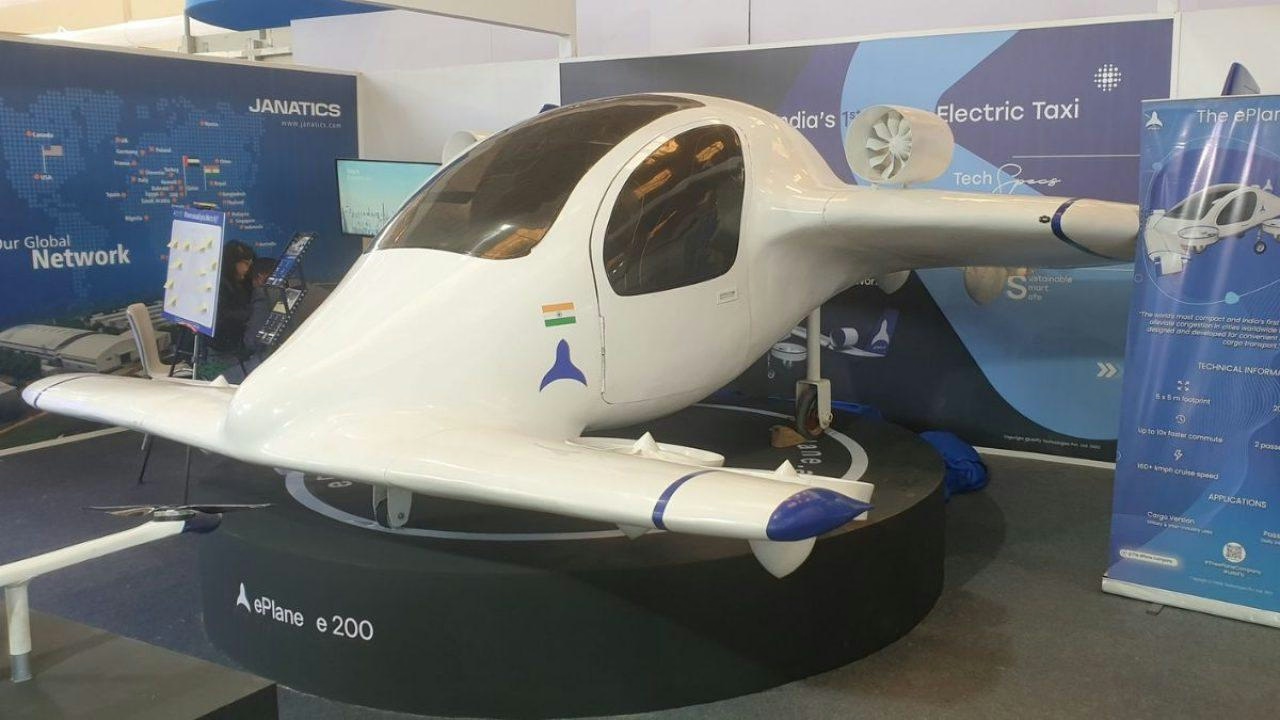AeroGenie — Uw intelligente copiloot.
Trending
Categories
Destinus Acquires Daedalean to Enhance AI Flight Technology

Destinus Acquires Daedalean to Enhance AI Flight Technology
Destinus Group BV, a European leader in advanced flight systems, has entered into a binding agreement to acquire Zurich-based Daedalean AG for CHF 180 million (approximately USD 225 million). The transaction, involving a combination of cash and stock, is anticipated to close by the end of 2025. This acquisition will integrate Daedalean’s AI-driven aviation technology and expert team into the Destinus ecosystem, marking a significant step forward in the development of intelligent unmanned aerial vehicles (UAVs).
Strategic Integration of AI Expertise
Founded in 2016, Daedalean is renowned for its certifiable AI software that supports AI-assisted piloting, environmental awareness, and navigation in GPS-denied environments. The acquisition is designed to accelerate Destinus’s efforts in creating next-generation UAVs for both civil and defense sectors. Tim Moser, Co-founder and CTO of Destinus, emphasized that the deal strengthens the company’s technological position by incorporating world-class AI expertise and deep-learning specialists. He noted that integrating Daedalean’s innovative solutions and team will expedite the development, certification, and deployment of intelligent UAV systems tailored for defense and commercial markets.
Bas Gouverneur, CEO of Daedalean, described the acquisition as a natural progression following their successful collaboration. He highlighted that the combined entity will bring AI-driven autonomy, swarm intelligence, and advanced decision-making tools to market more rapidly, enhancing flight safety, resilience, and operational flexibility.
Workforce and Technological Synergies
The integration will involve over 150 Daedalean employees, including 13 PhDs with specialized knowledge in AI, machine learning, and avionics, joining Destinus. Their expertise is expected to significantly improve decision-making tools for drone operators and autonomous systems, particularly in complex or high-stakes missions. This move aligns with Daedalean’s recent strategic pivot towards defense autonomy, reflecting a broader industry trend in 2025 characterized by increased investment and consolidation within the drone and uncrewed systems sector. This trend is driven by rising global defense expenditures and evolving regulatory frameworks.
Challenges and Market Implications
Despite the promising outlook, the acquisition presents integration challenges. Harmonizing the two companies’ technologies and ensuring a seamless transition for Daedalean’s workforce will be critical to unlocking the full potential of the deal. Market reactions may include a short-term decline in Destinus’s stock price due to acquisition-related costs, although a recovery is plausible if investors recognize the long-term value of enhanced AI flight capabilities. Competitors are expected to respond with increased research and development investments or strategic partnerships to maintain technological parity. Historical data from comparable acquisitions in other technology sectors, such as real estate, indicate mixed market responses, with some companies experiencing growth post-acquisition.
Destinus and Daedalean’s prior collaboration is anticipated to facilitate a smoother integration process. Destinus contributes aerospace manufacturing expertise, while Daedalean brings advanced AI and software development capabilities. Together, they aim to shorten time-to-market for new products, accelerate innovation, and bolster global competitiveness. The combined efforts are set to deliver UAV systems with enhanced autonomy, flexibility, and safety—attributes increasingly vital in both commercial and military aviation.
Rothschild & Co is acting as financial advisor to Destinus, with legal counsel provided by Hogan Lovells (Amsterdam) and Walder Wyss.

Archer Aviation Partners with NVIDIA to Advance Aviation AI Technology

Chennai Startup to Develop India’s First Electric Air Taxi

Factors Positioning Airbus for Leadership in 2026

Emirates Unveils Cabin Design for New Boeing 777X

Eighteen Years On, the Airbus A380 Remains Central to a $34 Billion Airline

How a boom in luxury airline seats is slowing down jet deliveries

Navitaire Outage Attributed to Planned Maintenance

Airbus Plans Record Delivery of 870 Aircraft in 2026

DigiYatra Debuts Outside Aviation at India AI Impact Summit

Vietnam Orders Strengthen Boeing’s Commercial Outlook
